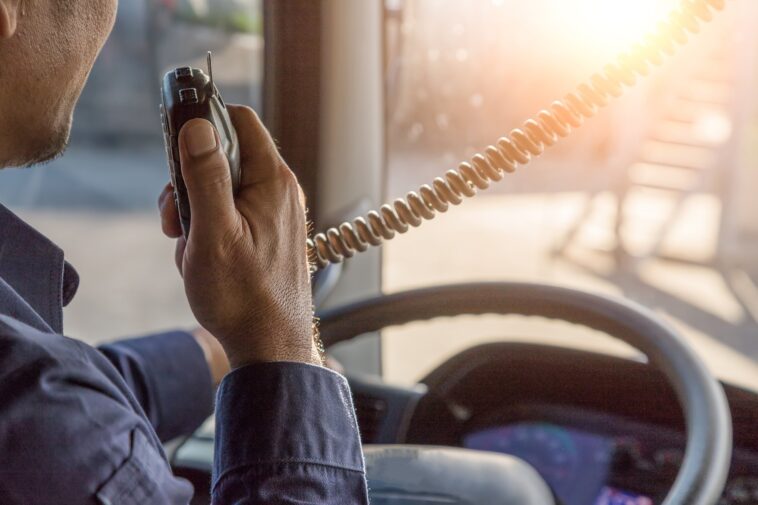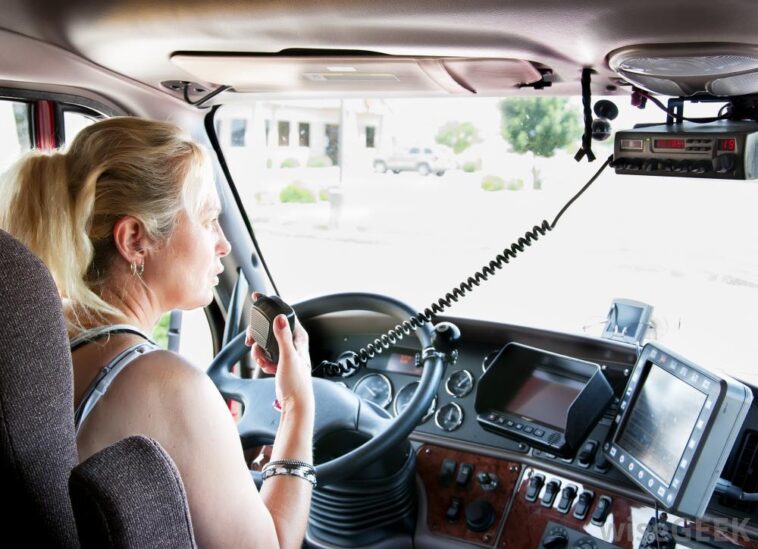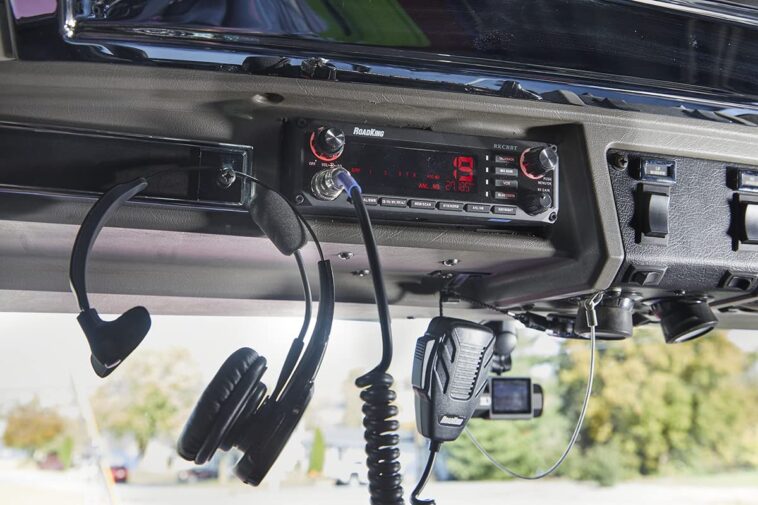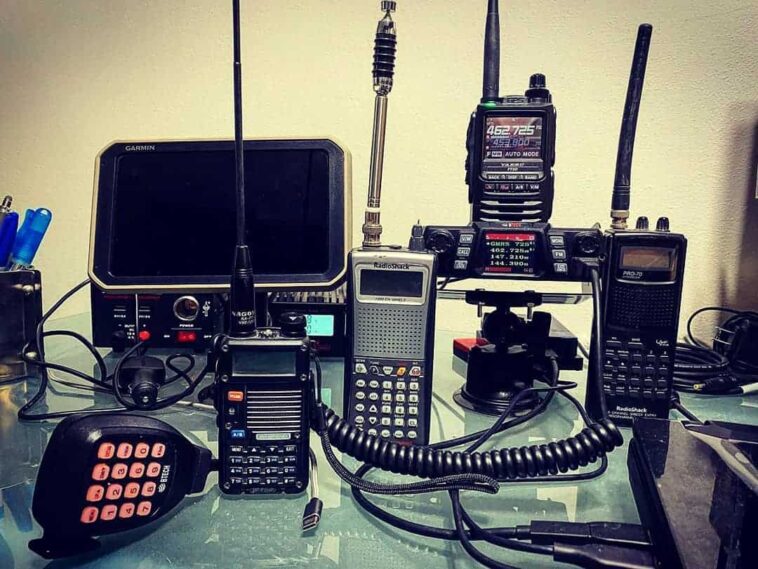CB radios, or Citizen Band radios, have been around for decades and are still a popular method of communication among truckers, emergency responders, and other professionals who need to stay in touch while on the road. However, as with any form of communication, there are certain rules of etiquette that should be followed to ensure effective and professional communication. In this article, we’ll go over the dos and don’ts of CB radio etiquette.
Do: Identify Yourself

When you first start using a CB radio, you may be tempted to pick up a cheap unit from a big box store. However, it’s important to remember that these transistors often have a limited range and may not provide the clarity or reliability you need. That’s why many CB radio enthusiasts turn to CB shops, which specialize in high-quality radios and accessories. A good CB shop can help you choose the right radio for your needs and can also provide advice on CB transistor etiquette and best practices. So if you’re serious about using a CB transistor, consider visiting a reputable CB shop to get started.
Don’t: Use Foul Language
CB radios are a public form of communication, and as such, it’s important to keep your language clean and professional. Using foul language or offensive language can offend other CB transistor users, and can also result in FCC fines. Keep your language professional and avoid using slang or jargon that others may not understand.
Do: Keep Your Messages Brief

When communicating on a CB radio, it’s important to keep your messages brief and to the point. Long-winded messages can be confusing and can make it difficult for others to respond in a timely manner. Keep your messages concise and use simple, clear language that everyone can understand.
Don’t: Interrupt Others
One of the cardinal rules of CB radio etiquette is to avoid interrupting others while they’re speaking. Wait until they’ve finished their transmission before responding. Interrupting others can lead to confusion and can also be considered rude.
Do: Listen Before Speaking
Before you begin communicating on a CB transistor channel, take a few moments to listen to the conversation already in progress. This will give you an idea of what’s going on and will also help you avoid interrupting others. It’s also a good idea to listen for any relevant information that may be useful to you.
Don’t: Use Your CB Radio as a Toy
CB radios are a powerful tool that can be used for communication in emergency situations or for important professional purposes. Using your CB radio as a toy or for personal entertainment is frowned upon and can even be dangerous. Respect the power of the CB radio and use it only for its intended purposes.
Do: Keep Your Radio Volume at a Reasonable Level

When communicating on a CB radio, it’s important to keep your radio volume at a reasonable level. Loud transistor transmissions can be disruptive and can also interfere with other CB radio users. Keep your volume at a level that’s loud enough to be heard, but not so loud that it causes problems for others.
Don’t: Use Your CB Radio to Harass Others
Harassment of any kind is not tolerated on CB transistor channels. Using your CB radio to harass, threaten, or intimidate others is not only against FCC regulations, but it’s also illegal. If you experience harassment on a CB transistor channel, report it to the FCC immediately.
Conclusion
In conclusion, CB radio etiquette is an important aspect of effective and professional communication. By following these dos and don’ts, you can ensure that your CB transistor transmissions are clear, concise, and respectful. Whether you’re a trucker, emergency responder, or just a casual CB radio user, following these rules will help you communicate effectively and professionally.





